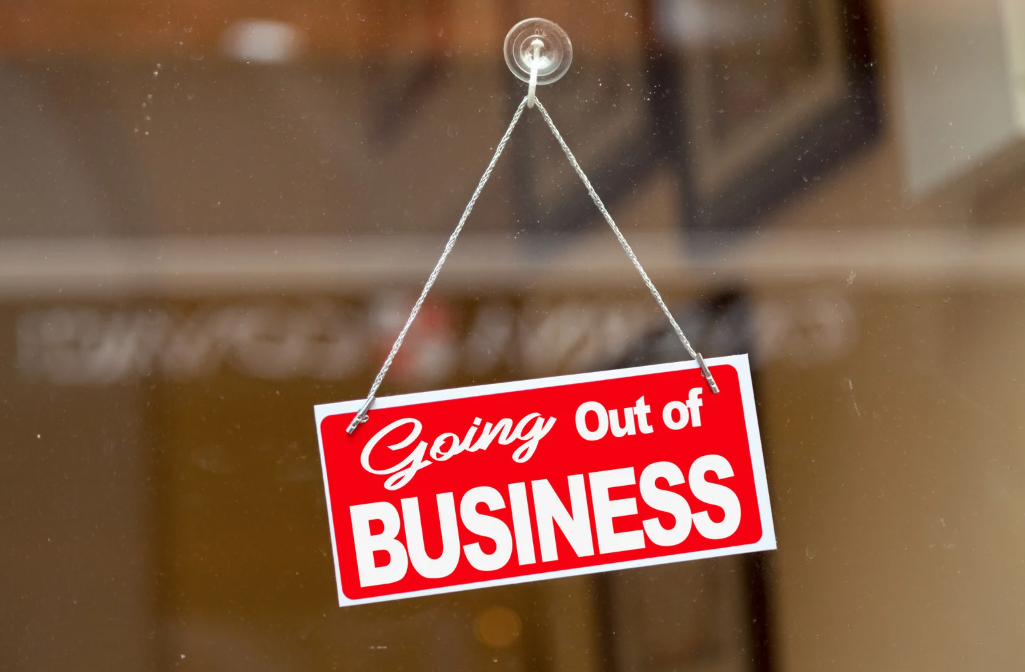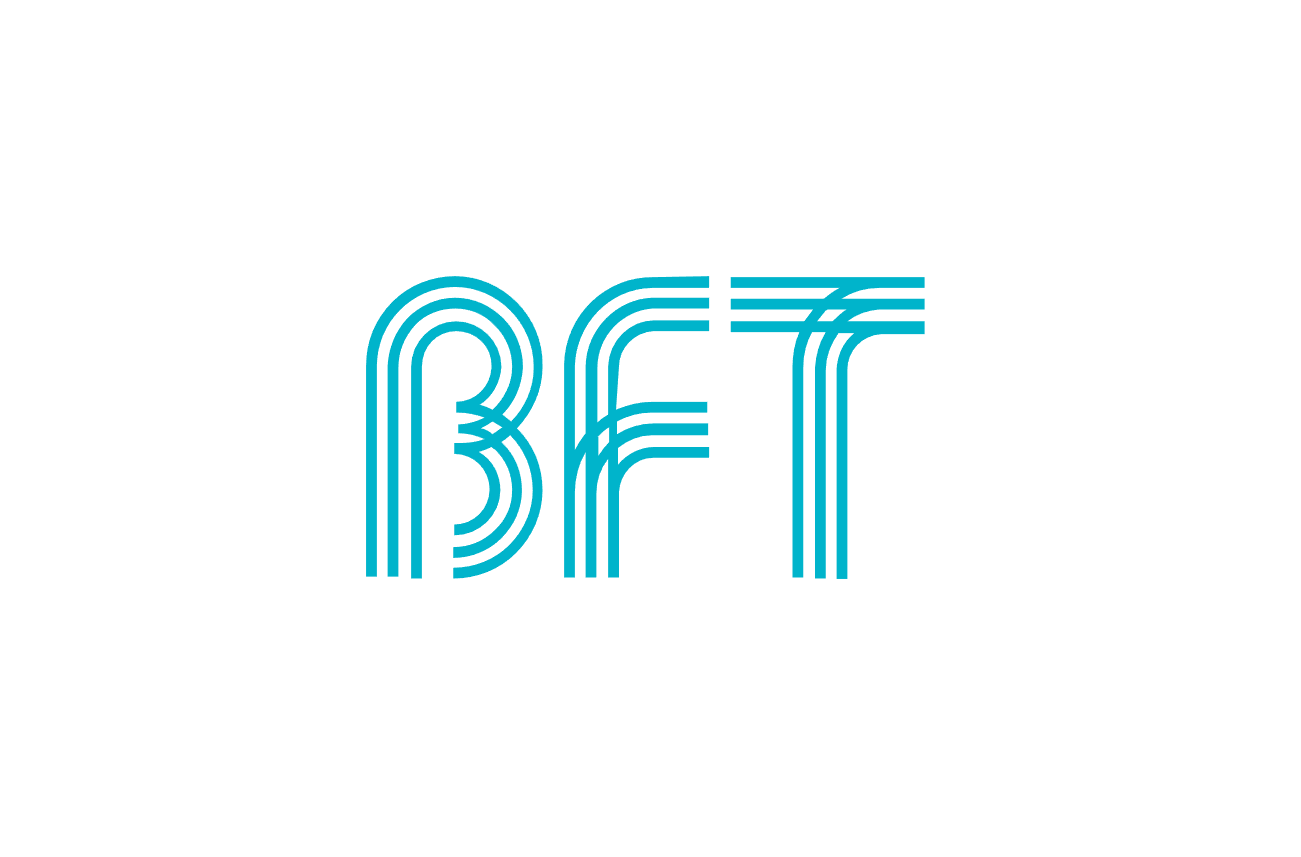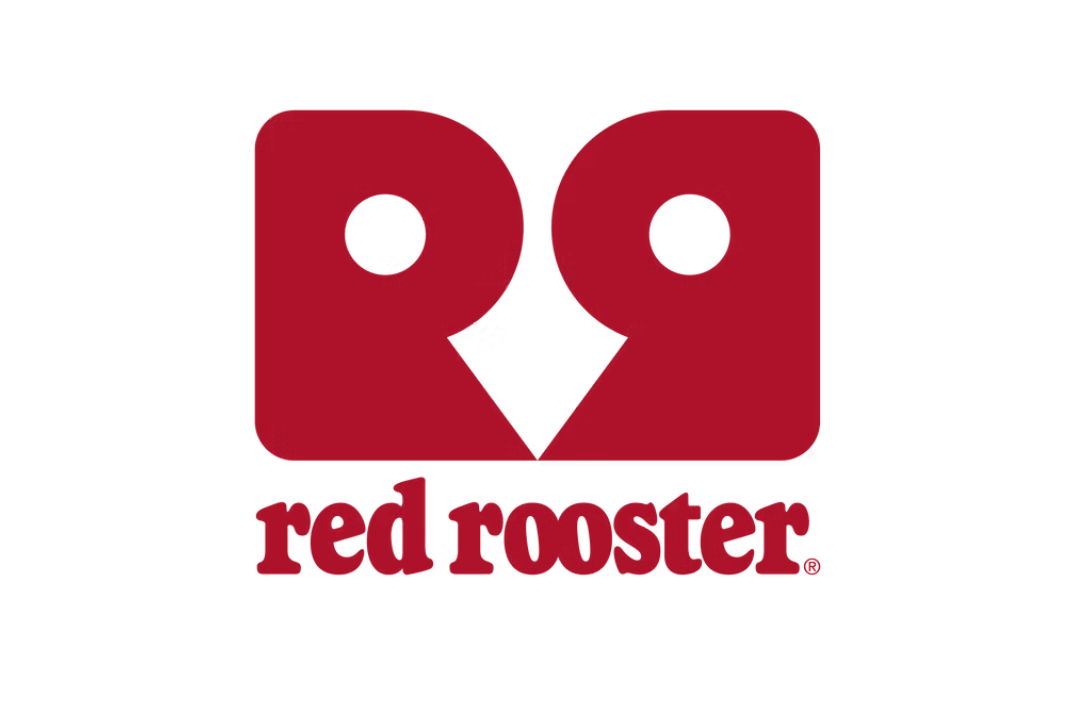Franchising is a popular business model in Australia, offering aspiring entrepreneurs the opportunity to operate under a well-established brand. While many franchises thrive, others can face financial difficulty and, in some cases, collapse. When a franchise business goes out of business, the effects ripple across the franchisor, franchisees, employees, and customers. Understanding what happens in such a situation is essential for anyone considering buying into a franchise or currently operating one.
The Impact on the Franchisor
When the franchisor, the parent company that owns the brand, goes into liquidation or administration, the entire network is affected. The franchisor’s primary role is to provide operational support, branding, and marketing to franchisees. If the franchisor becomes insolvent, these services may stop immediately. Franchisees could lose access to critical business systems, national advertising, supply agreements, and ongoing training. In addition, the intellectual property of the franchise, such as trademarks and brand rights, may be sold off by administrators to recover debts. This creates uncertainty, as the new owner of the brand may decide not to continue the franchise model.
The Impact on Franchisees
For franchisees, the collapse of a franchise can be devastating. Although they own their individual business operations, their success is heavily tied to the franchisor’s brand and systems. If the franchisor collapses, franchisees may find themselves without the right to use the brand name or the established processes they relied upon. They could be left with premises, staff, and equipment but without the ability to trade under the brand they invested in. Franchise agreements often contain clauses that outline what happens in the event of insolvency, but in many cases, franchisees face significant financial losses. Some may attempt to continue operating independently, while others may be forced to close altogether.
The Impact on Employees
Employees of both franchisors and franchisees also face uncertainty. Staff working directly for the franchisor may lose their jobs quickly if the company is placed into administration. Employees of franchisees may still have work if the franchisee continues trading, but job security becomes shaky if the franchisee cannot operate profitably without the support of the franchisor. For many workers, this can mean sudden unemployment and difficulties in seeking redress, particularly if wages or entitlements remain unpaid.
The Impact on Customers
Customers are another group affected by franchise closures. For example, if a well-known retail or food franchise collapses, customers may lose access to familiar products or services in their local area. Gift cards, loyalty programs, and prepaid services can become worthless if the business no longer exists to honour them. This not only impacts consumer confidence but also can damage the reputation of the broader franchise industry.
Legal and Financial Considerations
Australian franchise law, governed by the Franchising Code of Conduct, provides some protections but cannot always shield franchisees from financial loss. When a franchisor collapses, administrators take control of the company’s assets and liabilities. They may attempt to sell the business or restructure it. Franchisees often have little influence over this process, and their rights largely depend on the terms of their franchise agreement. In some cases, franchisees can negotiate to buy back their rights or operate independently, but this requires significant legal and financial advice.
Conclusion
When a franchise goes out of business in Australia, the fallout is far-reaching. Franchisors, franchisees, employees, and customers all feel the consequences, often in severe ways. While franchisees technically operate their own businesses, their fate is tied to the success or failure of the franchisor. The collapse of a franchise can lead to job losses, financial hardship, and lost consumer trust. For anyone considering entering into a franchise, it is crucial to understand these risks and seek professional advice before committing. Ultimately, while franchising can offer a pathway to business ownership, the possibility of collapse remains a risk that should not be overlooked.









